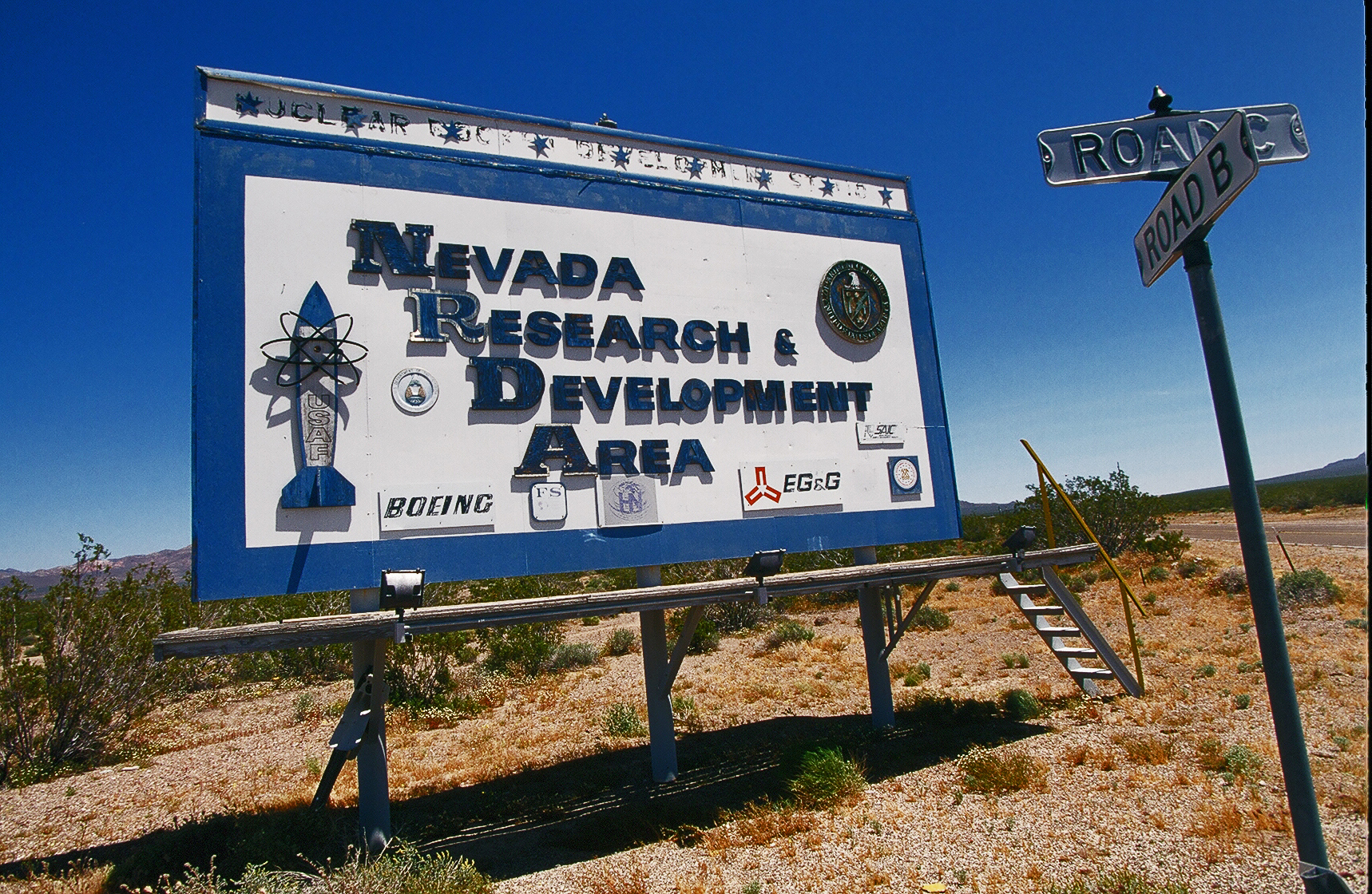Russia has said the United States is looking to restart a nuclear testing program in Nevada but despite Moscow’s rhetoric, any atomic weapons experiments will be a far cry from the desert explosions of the Cold War.
Russian Deputy Foreign Minister Sergei Ryabkov told Russia’s parliament, the Duma that “if Washington follows the destructive path of nuclear testing” then “we will be forced to mirror this too,” the state news agency Tass reported on Tuesday.
Ryabkov’s comments come amid the backdrop of Russia’s nuclear threats surrounding its invasion of Ukraine and as Russian lawmakers discuss revoking Moscow’s ratification of the landmark Comprehensive Test Ban Treaty (CTBT).
However, U.S. scientists will be looking to test the country’s aging nuclear weapons stock by studying an implosion without any nuclear explosion.
The $1.8 billion Scorpius project will give scientists a more detailed look at whether the nuclear weapons are fit for purpose than is possible via theoretical computer modeling, the Associated Press reported.
It marks a further step in the evolution of nuclear weapons testing, which during the 1950s and 1960s involved explosions that left mushroom clouds above the deserts of New Mexico and Nevada. Testing then shifted to underground explosions, which ended in 1992 in line with the CTBT.
The U.S, Russia and China conduct what are called sub-critical tests involving nuclear material, which do not involve a sustained chain reaction, said Daryl Kimball, executive director of the Arms Control Association.
“There are different kinds of experiments the nuclear weapon states conduct to better understand the properties of, particularly plutonium, that is in the nuclear warheads in their existing arsenal,” he told Newsweek.
These include computer simulations using data from historic nuclear test explosions, which are designed to try to predict how the existing warheads in the arsenal will behave over time.
“For the last 30 years, that strategy has successfully allowed Russia, the United States, France, even China, to maintain their arsenals without nuclear explosive testing,” he said.
But a new era of testing known as “tickling the dragon’s tail,” will involve a high-energy electron beam injector the length of a football field placed 1,000 feet below ground at the Nevada National Security Site.
Its beam will collide with a metal target generating X-rays that penetrate test objects. As plutonium is compressed with high explosives, a detector will convert the X-rays into images recorded by a sensitive camera.
Currently being assembled at the Sandia National Laboratories in New Mexico, components for the project are being shipped to the Nevada desert.
Dave Funk, Vice-President for Enhanced Capabilities for Subcritical Experiments at the Nevada National Security Site told the AP: “We are looking forward to establishing this capability in 2027, conducting the first subcritical experiments using these new capabilities.”
However, Kimball from the Arms Control Association said the way that Russia was framing the new testing was of concern.
“When we hear from Vladimir Putin or anybody else from the Russian government, suggesting the U.S. is preparing to conduct a nuclear explosive test, I consider that to be a worrying sign of Russia trying to find an unjustified, cynical excuse to do so itself,” he said.
Putin said last week that Russia’s nuclear doctrine did not need updating but he was not yet ready to say whether Moscow needed to resume nuclear tests.
His view that Russia could consider de-ratification of the CTBT was seen by security experts as showing that Moscow, which has the world’s largest nuclear arsenal, was ready to resume nuclear testing.
Jill Hruby, head of the U.S. National Nuclear Security Administration, said in June that the United States is open to having international observers monitor the subcritical experiments in Nevada, Reuters reported.
Kimball said that Russian legislators concerned about the Nevada test site “should encourage their government to engage in good faith discussions with the United States on confidence building measures.”
“It’s a pretty straightforward logic,” he added.

